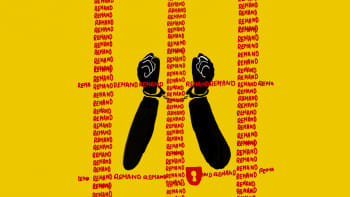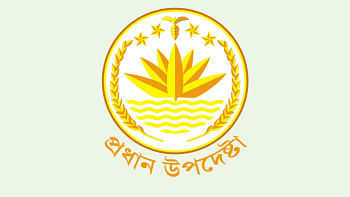How did Sumon Sheikh die?

In most cultures and faiths, when there is a death, the custom is to arrange the funeral ritual and burial as soon as possible. It is a crucial element of the process of mourning and getting closure when faced with a devastating loss. So, we can only imagine the pain it has caused Sumon Sheikh's family to not accept his body until a murder case is filed over his suspicious death at the Hatirjheel Police Station.
This is not an easy decision for any family to make. However, circumstances seem to have made it clear to Sumon's family that they have no choice but to take a stand to ensure his death is investigated properly. They maintain that police have framed him, demanded a bribe, and eventually tortured and killed him within a day of picking him up. Police, however, refute these allegations. So, what is stopping the police authorities from setting up an independent investigation to find out what really happened?
Why was he really arrested? Was he framed? Was he tortured in custody? Even if none of these apply, when a person dies in such a mysterious way right under the police's nose, is it not at least a case of negligence?
Instead, everything points to an attempted obstruction of the process of justice in this latest instance of death in police custody in Bangladesh. Take the fact that when the family reportedly first went to the morgue, they were not allowed to take Sumon's body home. They allege that a police officer told them that the body would be surrendered only if they went straight to their home village, and not to their Rampura residence. Although police have denied this allegation, family members claim this was done to avoid any further protests over his death.
Even if we accept the police version, their callous treatment of the demands for justice does not inspire much hope in their ability to investigate the matter properly and impartially. Sumon's wife told journalists that police did not allow them to lodge a case at the station. When his death sparked protests in front of the police station on Saturday, instead of promising a speedy and transparent investigation to hold any errant or negligent officers to account, police resorted to a truncheon charge to disperse the crowd. Moreover, members of Chhatra League also allegedly forcefully dispersed protesters who formed a human chain to demand justice.
We cannot help but feel that these actions, as well as the pointed effort to write the whole thing off as a case of suicide, only cast further doubt over police's intentions. Regardless of whether Sumon died by suicide, the circumstances must be investigated. Why was he really arrested? Was he framed? Was he tortured in custody? Even if none of these apply, when a person dies in such a mysterious way right under the police's nose, is it not at least a case of negligence? Sumon's family deserves these answers. They certainly do not deserve the treatment that has been meted out to them so far.


 For all latest news, follow The Daily Star's Google News channel.
For all latest news, follow The Daily Star's Google News channel. 






Comments